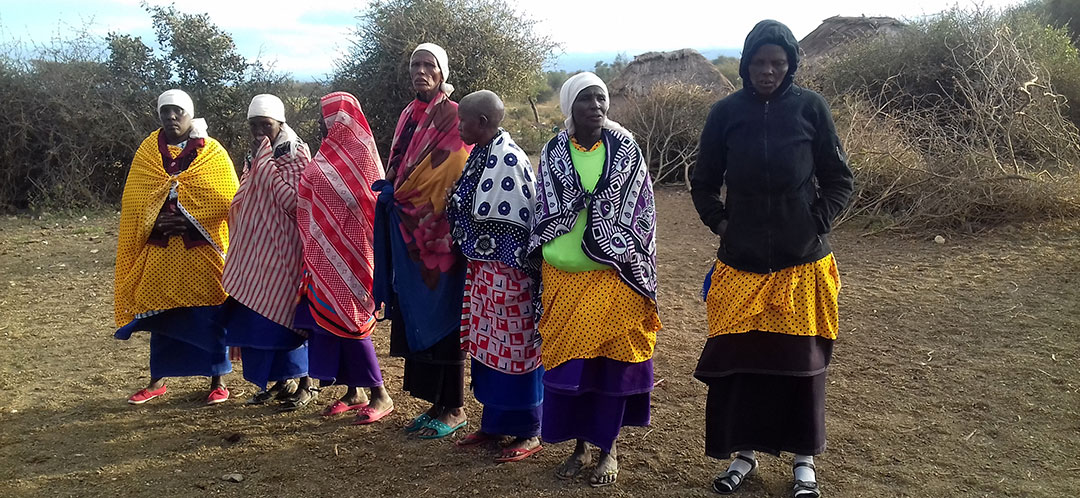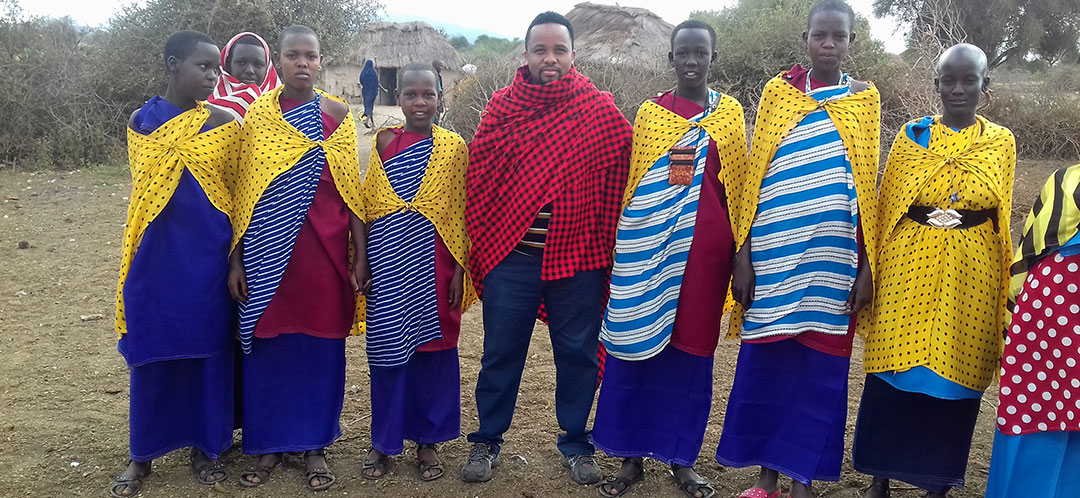Maternal Health and Nutritional Care
Pregnancy and childbirth can be a tremendously exciting time for a family if the expectant mother and her unborn child benefit from quality medical services and the baby is delivered in a safe environment.
However, it can also be a traumatizing experience if the mother loses her life during childbirth or if the newborn is sick or dies.
In Tanzania many mothers and mothers-to-be are dying young and unnecessarily as illustrated by the following statistics:
- Tanzania’s maternal mortality ratio is estimated at 460 deaths per 100,000 live births (in 2010); 8,500 women are dying every year because of pregnancy or childbirth.
- Maternal mortality has declined since 2005 (from around 610 deaths per 100,000 live births), but progress has been much slower than with child mortality.
- Tanzania’s maternal mortality ratio also appears high compared to other countries, such as India (200), Kenya (360), Ethiopia (350) or Senegal (370).
The broader problems caused by poor reproductive health are far greater than what is suggested by these mortality statistics. For every maternal death, many more women suffer from pregnancy- or childbirth-related impairments, often with long-term negative impacts on their health and labor force participation. And of course, maternal health is closely linked to the wellbeing of newborn children.
A major factor behind the high levels of maternal mortality in Tanzania is the insufficient utilization of reproductive healthcare services:
- While the World Health Organization recommends that pregnant women (without complications) should have at least four visits to an antenatal care provider, 57 per cent of Tanzanian women had fewer visits in 2010.
- 56 per cent of rural and 17 per cent of urban births were delivered at home, rendering advanced medical treatment difficult to access in case of complications. In the poorest quintile almost two-thirds of births occurred at home.
- In 2010 alone, around 900,000 births (49 per cent) were not attended by a skilled provider: 15 per cent of births were attended only by a traditional birth attendant, 29 per cent were attended only by relatives or friends and just above 3 per cent of births (more than 60,000) were delivered without any assistance.
Maasai pregnancies and neonatal outcome are concerning. On average, Maasai women are observed to gain only 11% of their body weight during pregnancy compared to their American and European cohorts with 15 to 25% gain Approximately 13% of Maasai infants are categorized as low birth weight compared with an average 6.9% in the Organization for Economic Co-operation and Development countries
Many factors influence pregnancy outcomes, such as poor maternal nutrition, birth spacing, maternal age (under 15 years or over 35 years), inadequate prenatal care, lifestyle behaviors, and poverty.
The Maasai rely on their herds of cattle, goats, and sheep as primary sources of income by selling or trading the meat and milk. Traditionally, the diet was primarily meat, milk, and blood from domesticated animals. Due to land and grazing constraints, some Maasai, living outside of the NCAA, have begun to cultivate maize, rice, potatoes and cabbage to meet their nutritional needs.

According to National Food and Nutrition Policy focuses on four major nutritional deficiencies affecting the population of Tanzania which include; protein energy malnutrition, nutritional anemia, iodine deficiency disorders (IDD), and vitamin A deficiencies The 2010 Tanzania Demographic and Health Survey (TDHS) showed 25% of children under age five were stunted and 17% were classified as severely stunted The TDHS revealed that 12% of children under age five are underweight (too thin for age) and 4% are wasted (too thin for height)
With FOK we intent to improve maternal and Nutritional care by
- Providing training in the community regarding Maternal health and nutritional care
- Collaborate with government in building facilities to support mother and child health (Health Centers and pharmacies)
- Educating the community about the impact of traditional taboos on maternal health and nutritional care of the family
- Training more health personnel speed up awareness of health matters and overcoming lack expertise in the community.
- Monitoring and evaluation on matters regarding maternal health and nutritional care.

Female Health Seminar at Olcholonyori Simanjiro in Manyara Region
